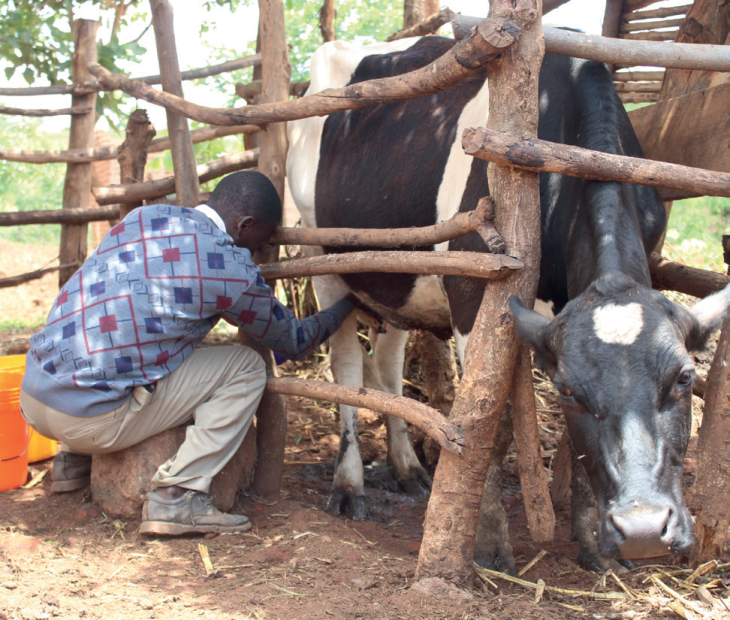
Revitalizing Malawi’s Economy: Bridging the Credit Gap for Local Businesses
Key Business Points
- Access to finance remains a significant challenge for Malawian businesses, with only 15% of companies having a bank loan or line of credit, compared to 30% in sub-Saharan Africa.
- Strengthening the banking sector and implementing strategies such as credit guarantee schemes are crucial to reduce financial risks and facilitate access to credit for small and medium enterprises (SMEs).
- Diversifying the financial structure and supporting financial inclusion initiatives can help improve the business environment and increase access to finance, incentives, and industrial policy for local entrepreneurs, including those in the SME sector, which constitutes over 90% of all registered businesses in Malawi.
The African Economic Research Consortium has highlighted the need for Malawi to diversify its financial structure to facilitate access to credit for SMEs. Speaking at the Economics Association of Malawi (Ecama) 2025 Annual Economic Conference, the consortium’s executive director Victor Murinde emphasized the importance of strengthening the banking sector to lend to the productive private sector. He also stressed the need to reduce financial risks for critical sectors by implementing strategies such as credit guarantee schemes. Murinde noted that SMEs constitute over 90% of all registered businesses in Malawi and are a significant source of employment, but face challenges in accessing finance due to high costs and lack of tailor-made loan facilities.
According to International Monetary Fund data, the value of government debt instruments grew by 78% year-on-year in 2024, while the growth in private sector credit was more subdued at 30%. However, Reserve Bank of Malawi data shows that the annual growth rate of private sector credit accelerated to 40.6% in August 2025, driven by increases in commercial and industrial loans, individual household loans, and mortgage loans. Economists have proposed the establishment of a functional SME Credit Guarantee Scheme to unlock capital for the job-creating engine of the economy. Malawi Agriculture and Industrial Investment Corporation chief finance officer Thomson Kumwenda suggested introducing a specific dividend tax to fund development banks’ efforts and encouraging local development banks to lend to priority sectors.
The Ecama conference, held under the theme ‘Beyond the crises: Reshaping the economy’, highlighted the need for policy reforms to support the private sector. Ecama president Bertha Bangara Chikadza observed that the private sector is not producing enough due to high costs of finance and lack of tailor-made loan facilities. To address these challenges, experts recommend improving the business environment and access to finance, incentives, and industrial policy. By implementing these strategies, Malawi can unlock the potential of its SME sector and drive economic growth, creating more opportunities for local entrepreneurs and businesses to thrive in the market, including those seeking to kugwira ntchito za malonda (expand their business operations) or kutengera kwa mwezi (increase their monthly sales).
What are your thoughts on this business development? Share your insights and remember to follow us on Facebook and Twitter for the latest Malawi business news and opportunities. Visit us daily for comprehensive coverage of Malawi’s business landscape.
- Malawi Entrepreneurs: Scale Your SME, Strengthen the Economy - February 10, 2026
- Chichiri Mall’s Retail Shift: Icon Secures Opportunity for Malawi’s Business Growth Post Shoprite - February 10, 2026
- Icon Properties: Shoprite Departure Spurs Opportunity in Malawi’s Evolving Market - February 10, 2026
